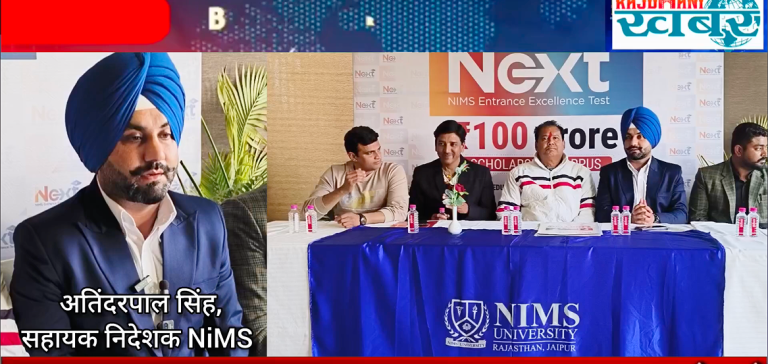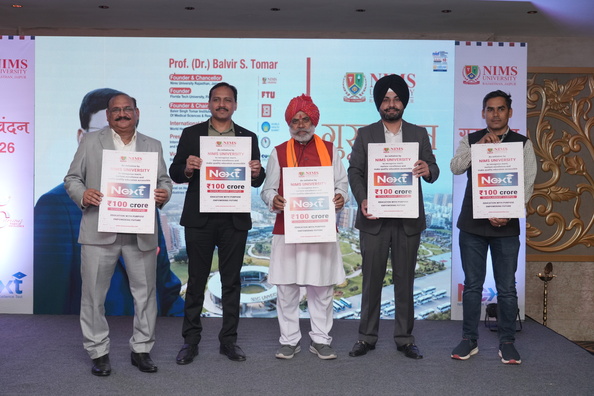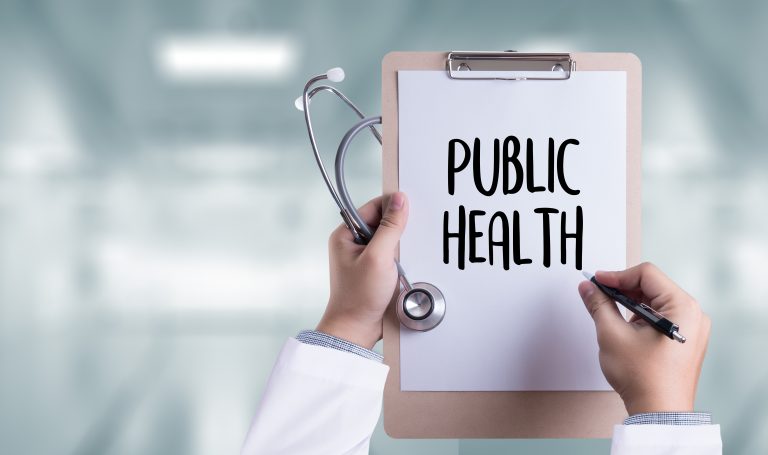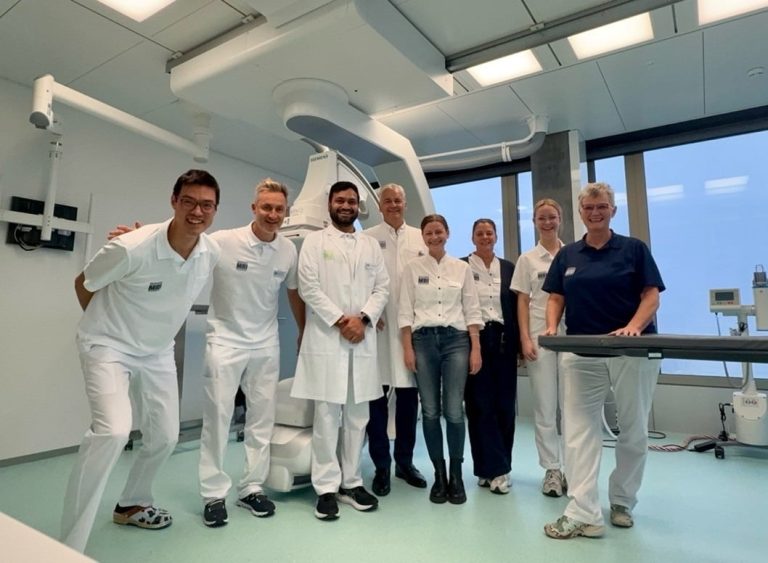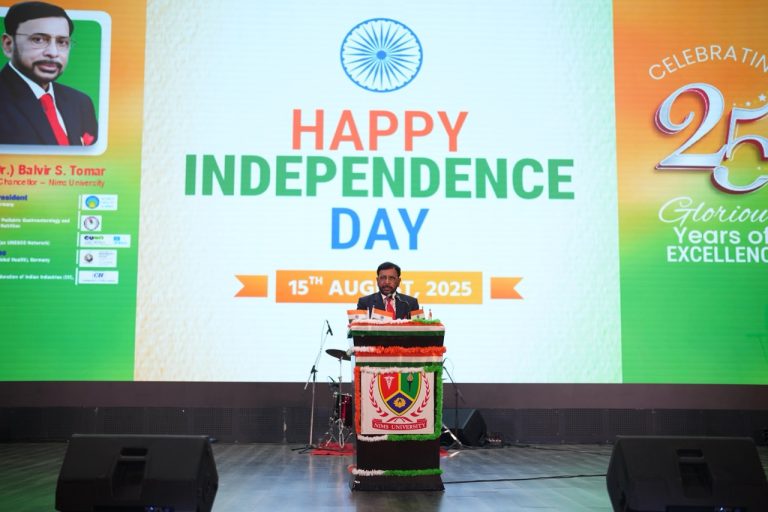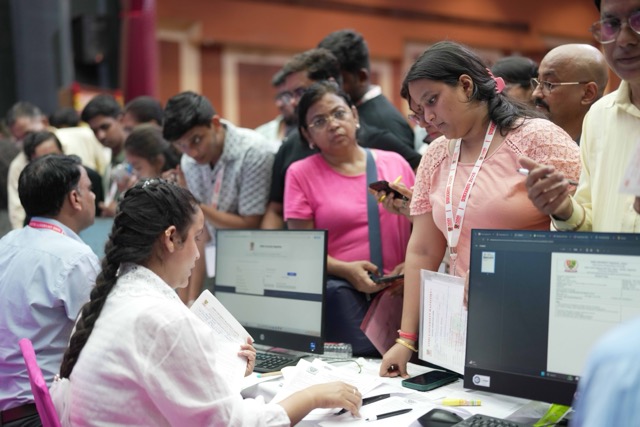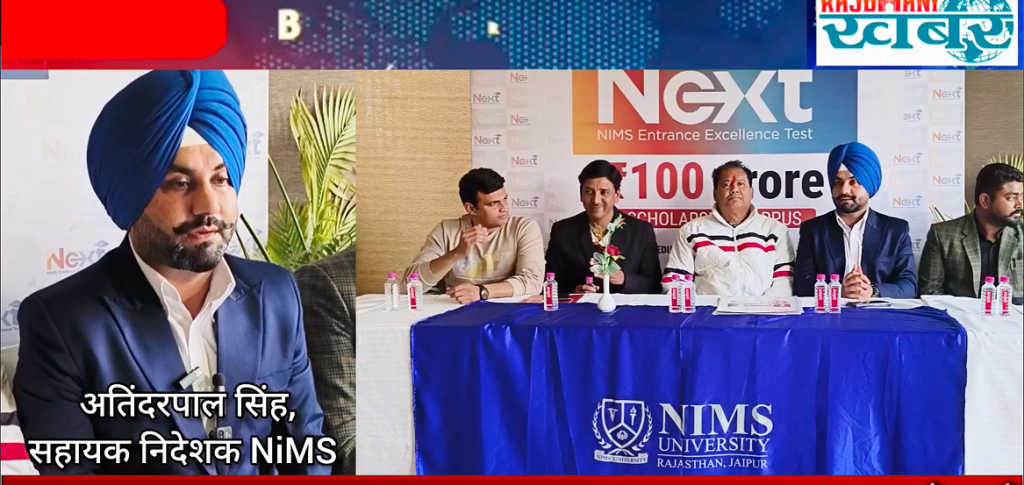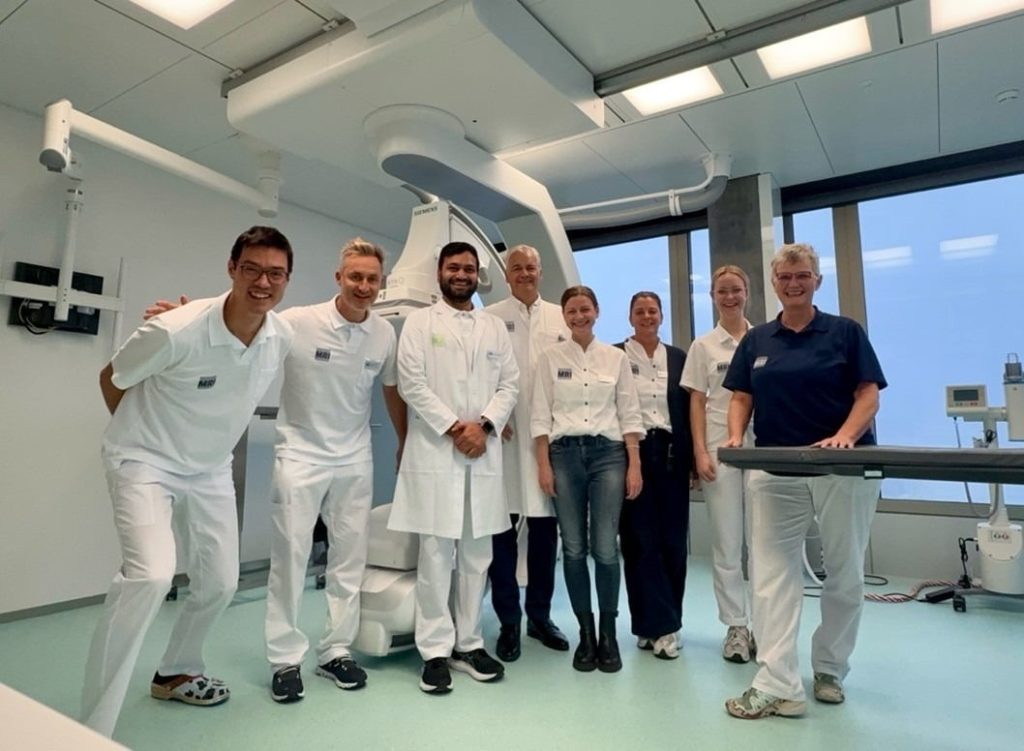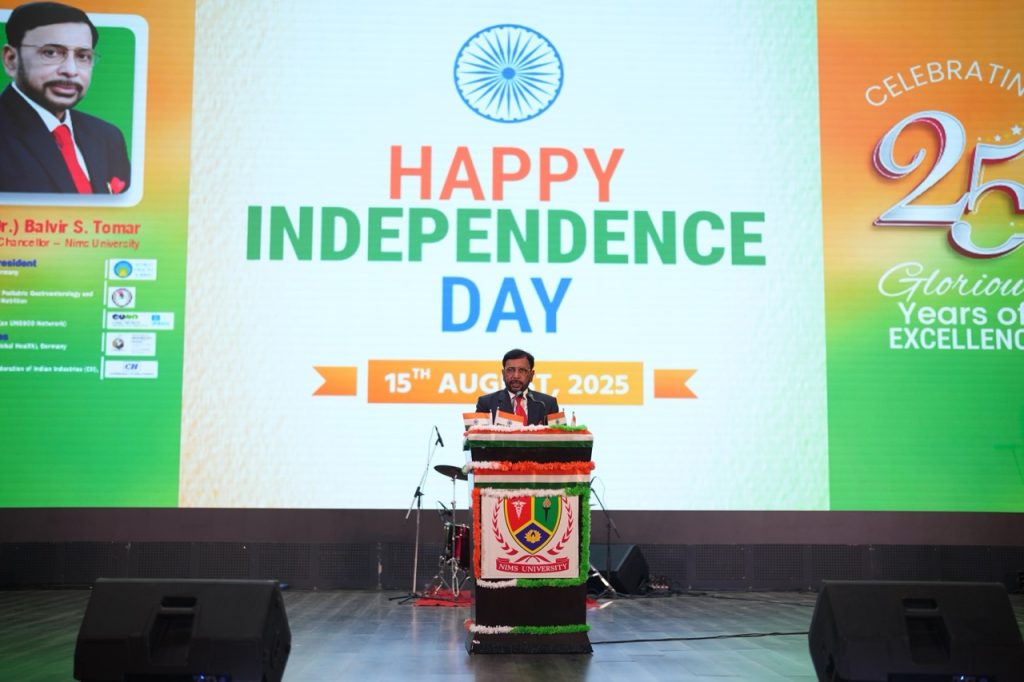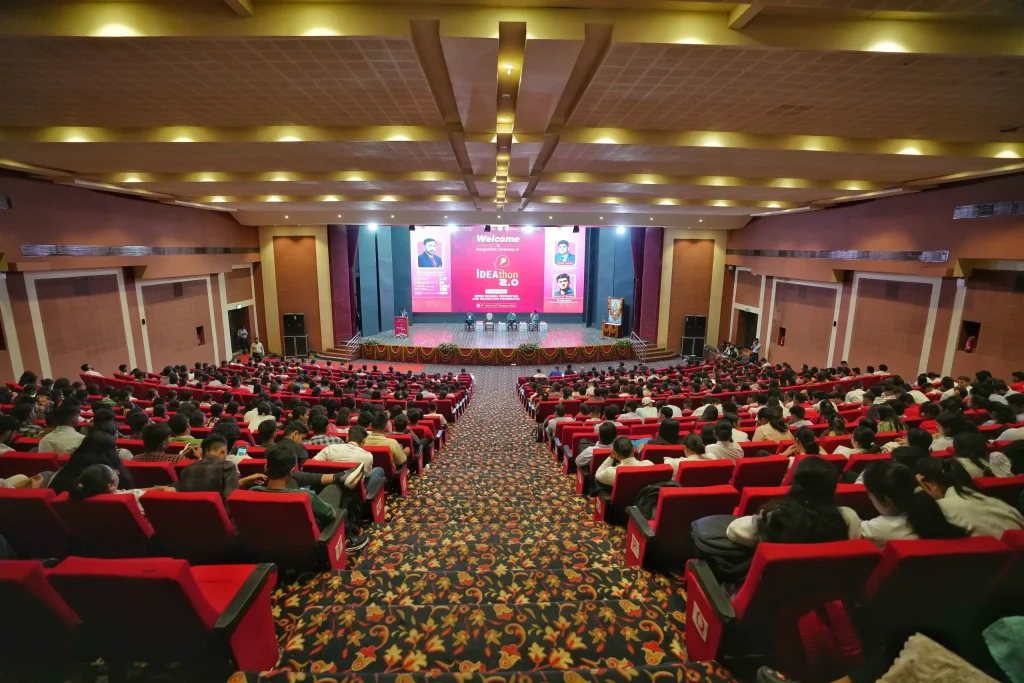Date: April 23, 2024 | Location: Rajkiya Prathmik Vidyalaya, Chandwaji, Rajasthan
Water is the essence of life, vital for health, economic development, and sustainable ecosystems. On April 23, 2024, the NIMS Institute of Engineering & Technology organized an impactful program focusing on Sustainable Development Goal 6 (SDG 6), which aims to ensure clean water and sanitation for all. This event was conducted at Rajkiya Prathmik Vidyalaya in Chandwaji, Rajasthan, bringing together students, faculty, and the local community to address water-related challenges.
Program Objectives
- Raising Awareness: Educate participants about SDG 6 and the importance of clean water and proper sanitation.
- Knowledge Sharing: Introduce traditional and modern water purification methods.
- Community Engagement: Foster local participation in identifying and solving water-related issues.
- Survey and Action Plan: Document the challenges faced by the community and develop strategies to address them.
Session Highlights
The program consisted of two key activities: an educational lecture and a detailed survey. These activities aimed to blend theoretical knowledge with practical insights, ensuring a comprehensive understanding of water and sanitation issues.
1. Educational Lecture
The session began with an insightful lecture on the importance of clean water and sanitation, emphasizing their critical role in health, agriculture, and sustainable development. Topics included:
- Current Water Challenges: The scarcity of potable water, contamination issues, and the impacts of climate change on water resources.
- Water Purification Techniques: Traditional methods like sand filtration and boiling, alongside modern technologies like Reverse Osmosis (RO) systems and UV filters.
- Sanitation Practices: Importance of proper toilet facilities, wastewater treatment, and hygiene practices like handwashing.
The lecture encouraged interactive discussions, with participants sharing their experiences and raising queries about sustainable water use.
2. Community Survey
A detailed survey followed the lecture, engaging students and villagers to document the region’s water-related challenges. Key focus areas included:
- Water Quality and Accessibility: Availability of clean drinking water and the use of filters.
- Sanitation Facilities: Presence of functional toilets and wastewater management systems.
- Water Conservation Practices: Use of rainwater harvesting and awareness of water conservation methods.
- Common Issues: Instances of waterborne diseases and gaps in community awareness.
The survey results highlighted several pressing issues, including inadequate sanitation infrastructure, water contamination, and lack of awareness about water-saving techniques. These findings will guide future interventions and policymaking.
Impact and Outcomes
- Enhanced Awareness: Participants gained a deeper understanding of SDG 6 and its significance for public health and environmental sustainability.
- Practical Knowledge: Students and villagers learned simple, cost-effective methods to purify water and conserve resources.
- Empowerment through Education: The program equipped the local community with tools to address their water and sanitation challenges independently.
- Survey Insights: The collected data provided a roadmap for addressing specific water issues in Chandwaji, enabling tailored solutions.
Voices from the Field
- School Principal: “This initiative has significantly increased our awareness about water and sanitation. We are motivated to implement these practices and reduce absenteeism due to waterborne illnesses.”
- Local Farmer: “The session on clean water methods has shown us affordable ways to improve water quality, crucial for both drinking and agriculture.”
Future Initiatives
Building on the program’s success, NIMS plans to expand its outreach efforts by:
- Conducting follow-up workshops to reinforce the knowledge shared.
- Collaborating with local authorities to improve water and sanitation infrastructure.
- Implementing community-driven water conservation projects, such as rainwater harvesting systems.
Conclusion
The lecture and survey on clean water and sanitation by the NIMS Institute of Engineering & Technology were pivotal in driving awareness and action towards achieving SDG 6. By integrating education with community engagement, the program laid the foundation for sustainable water management and improved sanitation in Chandwaji.
Clean water and sanitation are not just goals but necessities for building a healthier and more sustainable future. Through such initiatives, NIMS continues to exemplify its commitment to societal well-being and environmental stewardship.





